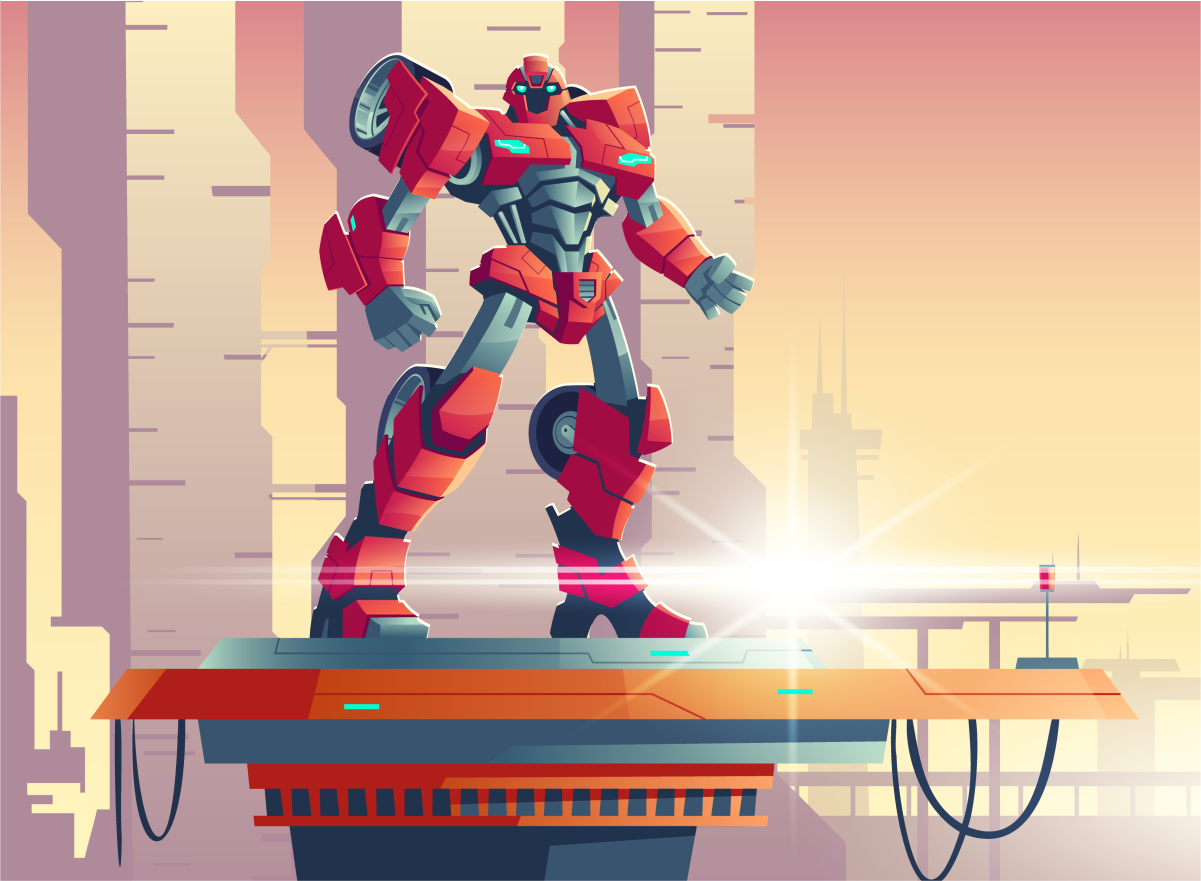Should We Let Software Dictate Our Lives? Stories of a UX dilemma.
- UX
- dilemma
- controlling human behaviour
- AI

Yesterday, as I was packing groceries into my fridge, I left the door open for a bit. The fridge started beeping incessantly, forcing me to shut the door. It was a small but telling moment: my fridge was deciding for me what to do.
This got me thinking about another recent experience. One morning, I was in a rush to get my daughter to school. I asked her to enter the school address into our navigation system, Android Auto. However, since I was driving over 30 km/h, the system wouldn't allow her to input the address, citing safety concerns. While it’s true that manipulating the GPS while driving is unsafe, the system couldn’t differentiate between me, the driver, and my daughter, the passenger. They had even removed the option for a passenger to enter the address.
These two incidents left me infuriated. For most of my life, I programmed computers to serve me, not the other way around. Now, it seems, they are beginning to dictate my actions.
The Role of Computers in Our Lives
A great user experience should empower humans to reach their potential, to complete tasks, or to achieve objectives. Computers excel at handling repetitive calculations and remembering countless tasks or rules. But should they force us to follow these rules? I don’t think so.
Technology should be our tool, not our master. The best user experiences are those that guide us gently while leaving the final decisions in our hands. By preserving human autonomy and allowing flexibility, we ensure that software enhances our lives without overstepping its bounds. It's crucial that we design systems that respect our intelligence and ability to make informed choices, rather than imposing rigid rules that frustrate and limit us.
Empowerment, Not Control
Great user experiences should remind and assist us but ultimately leave control in our hands. We are far more intelligent than even the best AI, with a vast array of senses and much more wisdom to make decisions. At a minimum, any feature that enforces behavior should be optional and easy to disable.
Take the fridge, for example. It’s helpful for it to beep a few times when the door is left open, but it shouldn’t keep beeping until I’m driven crazy and forced to close it. Similarly, a GPS navigator should warn us about the dangers of entering addresses while driving but should still allow a passenger to input the destination.
After all, it’s the driver who is legally and morally responsible for driving, not the GPS app.
Necessary Exceptions
Of course, there are exceptions where software must enforce rules, but these should be implemented in a friendly, non-bossy, and non-frustrating way. For instance, a bike rental app should enforce the rule that you must lock your bike after rental. However, it can do so by providing clear explanations and options, such as a gentle reminder that highlights the importance of securing the bike to avoid theft. This approach ensures that the user understands the reason behind the rule and feels guided rather than ordered.
Designing User Experiences at Sense/Net
At Sense/Net, we prioritize user feedback and rigorous testing of user experiences before releasing them to the public. Our goal is to create systems that assist without dictating, that empower without controlling. We use agile frameworks and design thinking, integrating lean and agile practices into our methodology called S.N.A.P. or Sense/Net Agile Process.
As the founder of Sense/Net and a former programmer with nearly two decades of experience, I am passionate about creating user experiences that truly serve our clients. Whether we are designing business models, brands, or applications, our focus is always on the end user.
Conclusion
In conclusion, while software can be incredibly helpful, it should never overstep its bounds. It should assist and remind us, not force us to comply with its rules. By keeping control in the hands of users, we ensure that technology serves humanity, not the other way around.
If you’ve experienced frustrations with user experiences in other applications, we at Sense/Net would love to help you create better solutions. Our expertise in user experience research and agile methodologies can transform your products and services.




 The website includes cookies
The website includes cookies